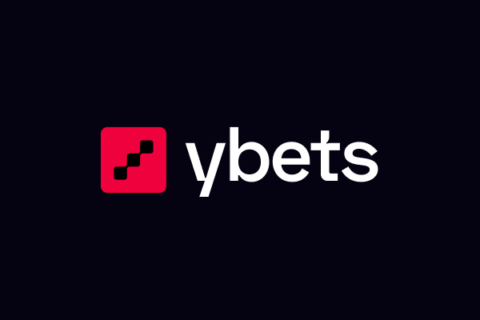New Jersey Online Gaming Safe From Tax Increase in New Budget

The New Jersey Fiscal Year 2025 State Budget Proposal has notably excluded any increased internet gaming tax revenue from sports betting and New Jersey online casinos. This decision comes as a relief to the online gaming industry, which has been apprehensive following the recent online sports betting tax increase in Illinois.
The exclusion of the tax hike suggests a more cautious approach by New Jersey lawmakers, especially considering the mixed reactions to such increases in other states.
In April, Senator John McKeon introduced legislation (S3064) to significantly raise New Jersey’s online casino tax rate from 15% to 30% and the online sports betting tax rate from 13% to 30%.
McKeon has expressed disappointment over the delay in passing this tax increase, although he remains optimistic about future changes due to economic forecasts. McKeon’s push for higher taxes is rooted in his belief that the current rates are considerably low compared to other states.
New Jersey has been a pioneering force in the online gaming sector. In 2013, it was the first state to launch a competitive online casino market, setting a model for other states to follow.
New Jersey also led the legal challenge in Murphy v. NCAA, which resulted in the overturning of PASPA and sparked a nationwide sports betting regulation boom in 2018. During the COVID-19 pandemic, while many states saw their gambling revenues plummet, New Jersey’s online gaming sector continued to generate significant tax revenue.
New Jersey’s current tax rates appear relatively low compared to other states. Pennsylvania, for instance, launched its online casinos in 2019 with a 54% tax on online slots and a 16% tax on online table games.
New York has imposed a 51% tax rate on online sports betting. Ohio doubled its online sports betting tax rate to 20% last year, and Illinois recently increased its 15% online sports betting tax rate to a graduated rate starting at 20% and reaching 40% for revenues over $200 million.
Proponents of increasing New Jersey’s online gaming tax rate, like McKeon, argue that the state’s current rate is objectively low and requires adjustment to align with other states.
Opponents, including Meadowlands Racetrack owner Jeff Gural, counter that a higher tax rate could severely impact local brick-and-mortar establishments that depend on sports betting revenue.
Looking ahead, Senator McKeon is not focused on preserving Atlantic City casinos. He predicts a gradual shift towards online gaming, potentially leading to consolidation among the nine casinos along the Atlantic City Boardwalk.
McKeon anticipates that online gaming will increasingly dominate the market, making it crucial to find a tax rate that supports both online and physical gaming establishments.
The proposed legislation has gained attention, especially after Illinois’ recent tax increase, but it has yet to undergo public legislative discussion. McKeon hopes to have a hearing in the fall when the legislature returns from its summer break.
The online gaming tax increase could be considered in the 2026 budget or as part of an omnibus bill in the lame-duck session following the November election.
- Other news categories:
- SlotsUp's news





